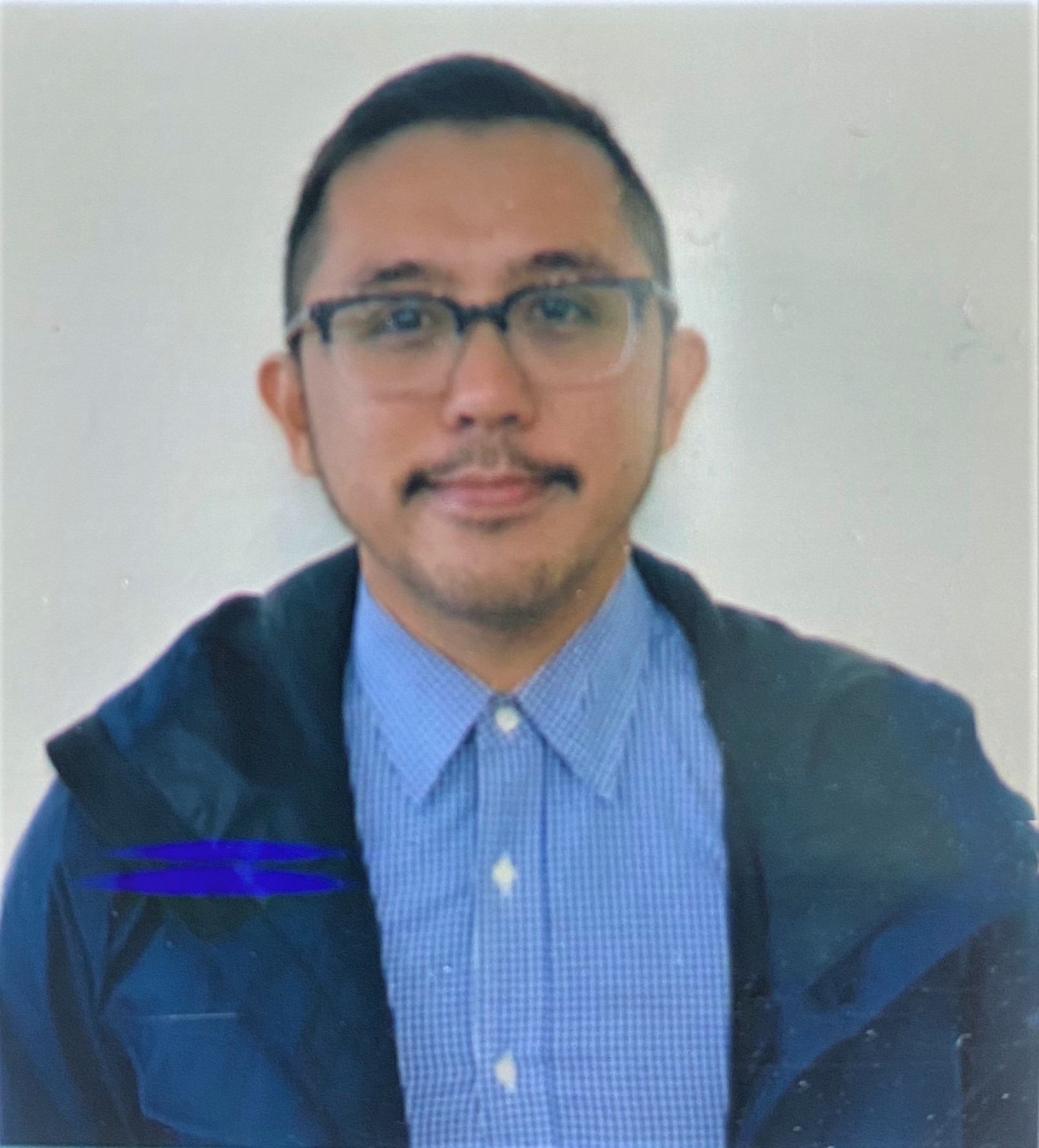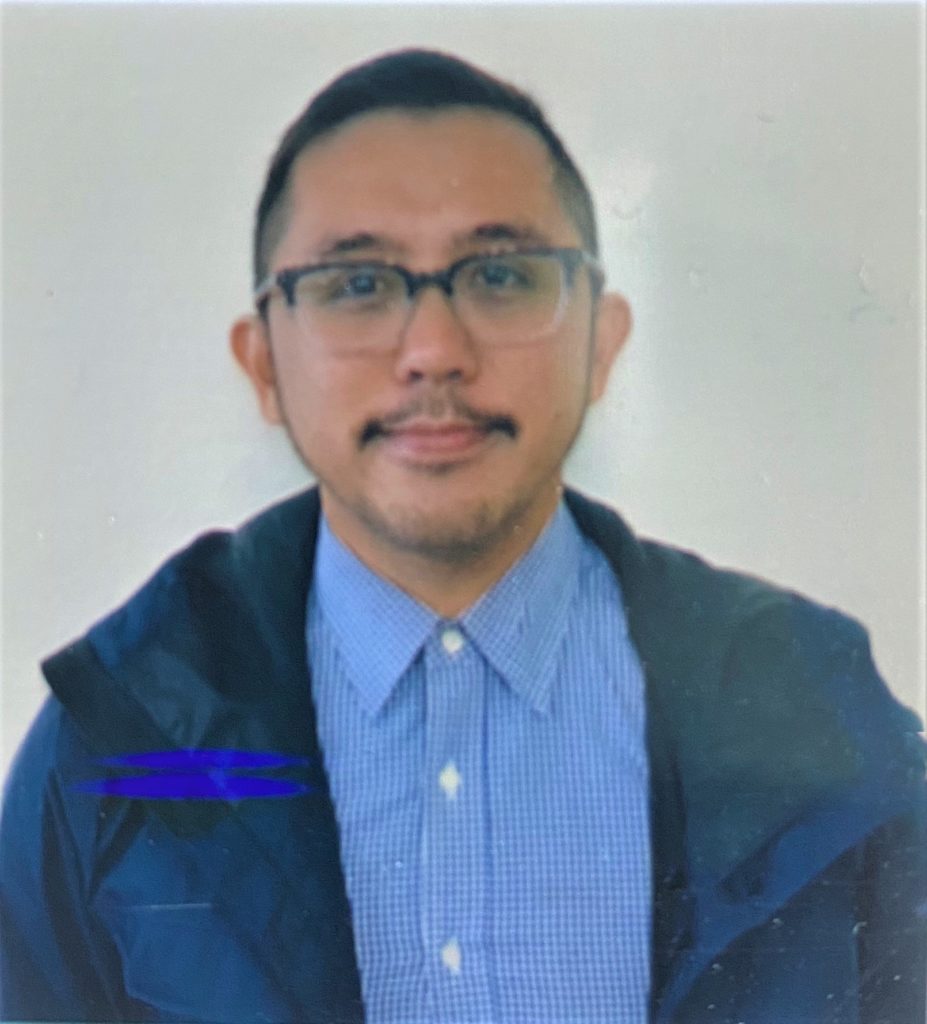< Back to all blog posts
Remote but Resilient: ELD Specialist Marc Ampon Discusses Interviewing and Teaching in the Virtual World
December 8, 2020


Marc Ampon, High School ELD Specialist, works to develop strategies that support our English Learners
Can you tell us a little bit about yourself and what brought you to Alpha?
I grew up in Hayward and was in poverty most of my childhood. My mother was a nurse in the Philippines but wasn’t able to get her credentials here in the U.S. so she did odd jobs here and there to support our family. My upbringing really shapes who I am. I went through a school system in Hayward that wasn’t built for success for young people of color like me. I was one class away from failing High school my senior year. My journey to this point is molded by the experiences I had with teachers who didn’t care as well as the teachers who did care about me as a human, not just as a student. I went from being a near high school dropout to being able to obtain my Associates, Bachelors, and Masters. I took the community college route and didn’t know I had the power and potential to excel when I was younger. It’s disappointing that just because we live in certain places, we don’t get afforded certain opportunities like other parts of the Bay Area. This is why I love Alpha’s mission of bringing a quality education to all children, regardless of socioeconomic background.
What made that shift?
Mrs. Manriquez, my Spanish teacher, despite me failing her class noticed that I was distraught and inattentive. Instead of scolding me for not being a good student, she would encourage me as a person. That was my first positive interaction with an adult as a teenager. I had one person in my corner. It was the first time I felt like maybe I do deserve things. My high school had the chosen ones, the ones who were bound for great things. The message for all the rest of us was to just graduate. After graduation I got a job directing traffic for hours on end in the rain, cold, and dead heat of summer. I told myself, if this is what it’s like to not have a higher degree, then I need to make some changes. This realization put me on the college trajectory. I worked full time and went to school part time, taking classes here and there. I graduated High School in 2003 and didn’t get my Bachelors until 2015. Even though it took a long time, I never gave up because I knew I was destined for more.
Can you talk a little bit about your role at Alpha: Cindy Avitia?
I am an English Language Development (ELD) specialist at Alpha: Cindy Avitia. My role is two-fold. I teach foundations for english development 1 and 2. These are students who have indicated that English is not their first language. They take an assessment and receive a score based on their reading, writing, speaking and listening abilities. My goal is to try to help them acquire language faster and improve in each of those skills. My other responsibility is looking at the different curriculum and brainstorming strategies on how to better support our English Learners and making sure notifications and information get out to our families. We hold ELAC meetings to help guide our parents and give them a voice. Ultimately if I were to boil down what I do, I’m here to service students and families, just like the rest of our staff.
How was your interview experience, given that it was 100% virtual? What were some advantages and disadvantages?
The advantage is not having to go anywhere and combat traffic, but at the same time that’s a disadvantage. I didn’t have the opportunity to use the drive as a time to alleviate the interview jitters. Also not getting to see the other people that I would get to work with is another disadvantage. The people I did meet were very warm and welcoming. I have definitely been in interview situations where it felt like I was on trial.
What adjustments have you had to make in your teaching or work style?
As a teacher, I’ve had to make so many micro adjustments to curriculum, activities, games that I play. A big part of teaching is just being able to see your students’ faces – seeing the joy and the “aha” moments, and the struggles of the students not comprehending certain concepts. Those moments are the most rewarding and Zoom can’t properly replace that. Students sometimes have internet problems. It’s made building relationships so much more challenging. There are certain periods where students never turn on their cameras so I have no idea what they look like or who they are. Despite all of that, I figure out ways to continue to reach my students.
Any advice to folks interviewing and looking for employment during this time?
I was working at a charter school that was closing, and it was a high stress environment, constantly worrying whether or not we would still have employment. My advice is think about what are the things you value as a professional and as a human. Some schools and organizations will make you feel like you need them more than they need you. It’s not a good feeling. My experience with Alpha was very up front. At every point in the interview process, it was clear that Alpha could see the qualities in me and would place me in a collaborative environment.
As we continue to navigate this pandemic, it’s important to reflect why it is that you do this work. You may have just taught your fourth class in a row where no one turned on their camera and it can be easy to lose motivation. That’s when you need to hold onto your “why” even tighter and try to build a community with folks who have a similar “why”. We’re all dealing with the struggle of being confined but we can build community and get through this together.

Like this article? share it!